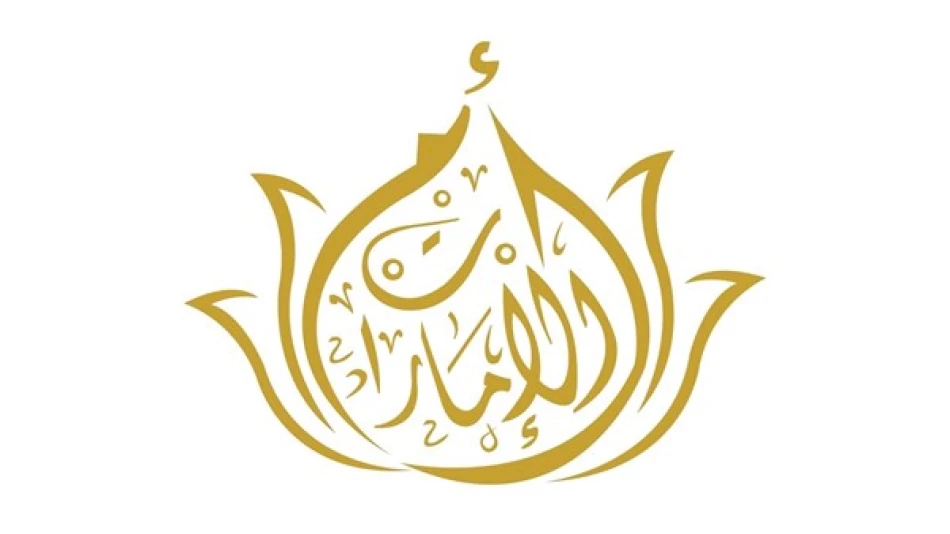
Empowering Communities: Fatima Bint Mubarak's 8th Excellence and Community Intelligence Program Launches
UAE's Excellence Program Enters Eighth Year, Reinforcing Nation's Innovation Leadership
The UAE continues to strengthen its position as a regional hub for social innovation and community development with the launch of the eighth edition of the Sheikha Fatima bint Mubarak Program for Excellence and Social Intelligence. Under the patronage of the "Mother of the Emirates," this flagship initiative represents more than just another government program—it embodies the UAE's systematic approach to building sustainable knowledge-based communities through targeted talent development and institutional empowerment.
Strategic Vision Behind the Program
The program operates under the supervision of the Family Development Foundation and reflects a broader UAE strategy to maintain its competitive edge in an increasingly knowledge-driven global economy. Sheikh Dhiyab bin Mohamed bin Zayed Al Nahyan, Deputy Chairman of the Presidential Court for Development and Martyrs' Families Affairs and Chairman of the Program's Supreme Committee, emphasized that this initiative goes beyond traditional community development by systematically identifying promising talents and supporting innovative initiatives.
This approach aligns with the UAE's National Strategy 2071, which aims to make the country the world's best by the centennial of its founding. The program's focus on social intelligence—a relatively new concept in government programming—positions the UAE ahead of regional competitors in developing human capital.
Innovation Framework and Market Implications
Competitive Positioning
While neighboring countries like Saudi Arabia invest heavily in mega-projects through Vision 2030, the UAE's emphasis on grassroots innovation and community-level excellence creates a different competitive advantage. This bottom-up approach to development complements the nation's top-down infrastructure investments, creating a more resilient economic foundation.
The program's emphasis on sustainable development and social cohesion addresses a critical challenge facing many rapidly developing economies: maintaining social stability while pursuing aggressive modernization goals.
Investment in Human Capital
For international investors and multinational corporations, programs like this signal the UAE's commitment to developing a skilled, innovative workforce. The focus on integrity, leadership, innovation, and social responsibility creates an environment conducive to long-term business partnerships and knowledge transfer.
Regional Context and Global Trends
The timing of this eighth edition reflects broader regional trends toward diversification and innovation. As Gulf states reduce their dependence on oil revenues, human capital development becomes increasingly critical. The UAE's approach differs from Singapore's highly centralized talent development model or Switzerland's corporate-academic partnerships by embedding excellence programs within traditional social structures.
The program's emphasis on community intelligence represents an evolution in how governments approach social development. Rather than focusing solely on individual achievement, this framework recognizes that sustainable progress requires collective intelligence and social cohesion.
Long-term Impact Assessment
The program's eight-year track record provides valuable data on the effectiveness of sustained government investment in community-level innovation. Unlike short-term initiatives that often fade after political transitions, this program's institutional backing through the Family Development Foundation suggests long-term sustainability.
The integration of positive citizenship concepts with practical innovation support creates a model that other developing nations may seek to replicate. This approach addresses a common challenge in rapid development scenarios: maintaining cultural identity and social values while embracing technological and economic modernization.
As the UAE prepares for its next phase of development, programs like this demonstrate the government's understanding that sustainable growth requires more than infrastructure investment—it demands systematic cultivation of human potential at every level of society.
Most Viewed News

 Layla Al Mansoori
Layla Al Mansoori






